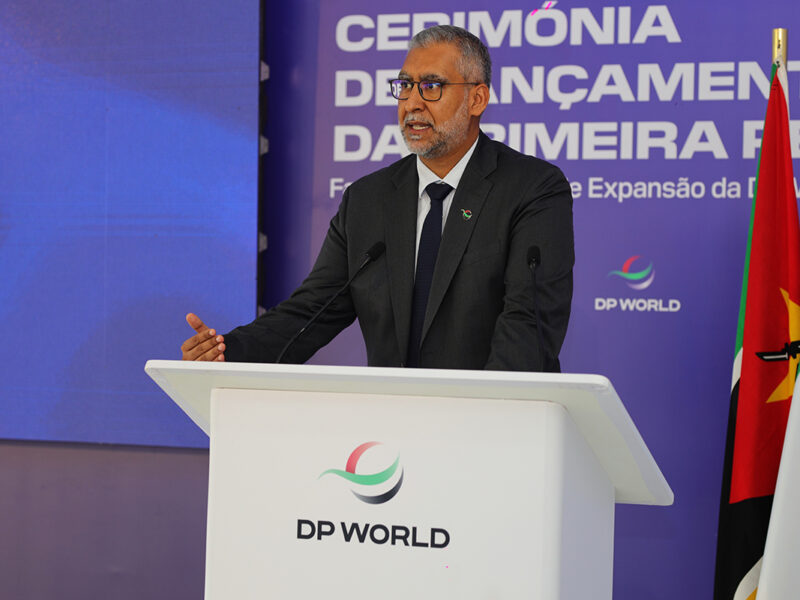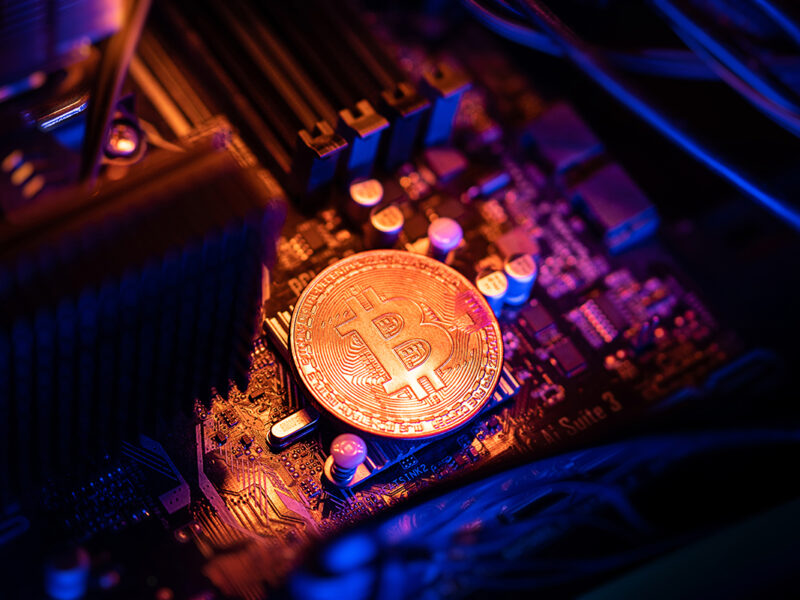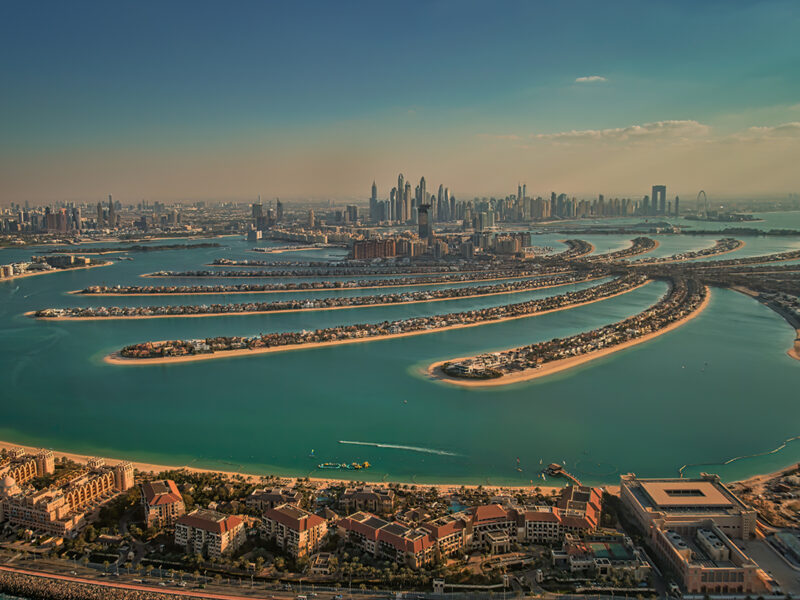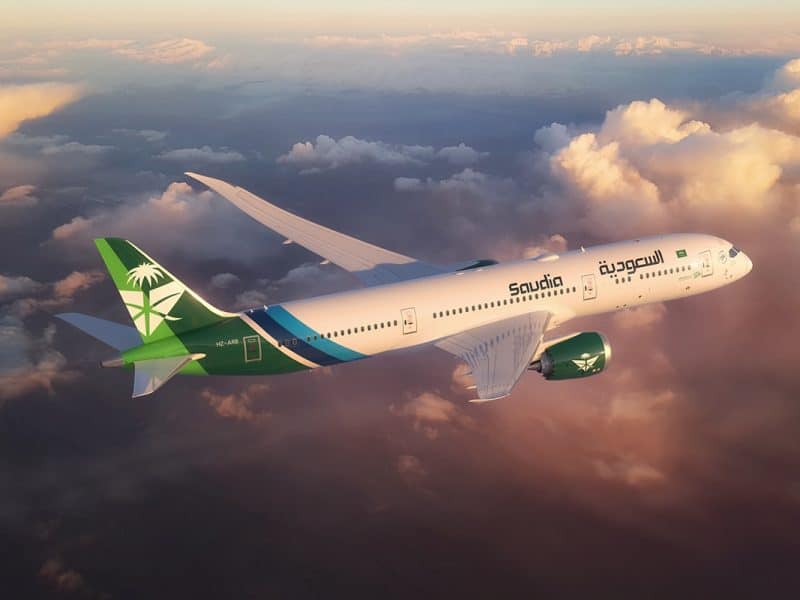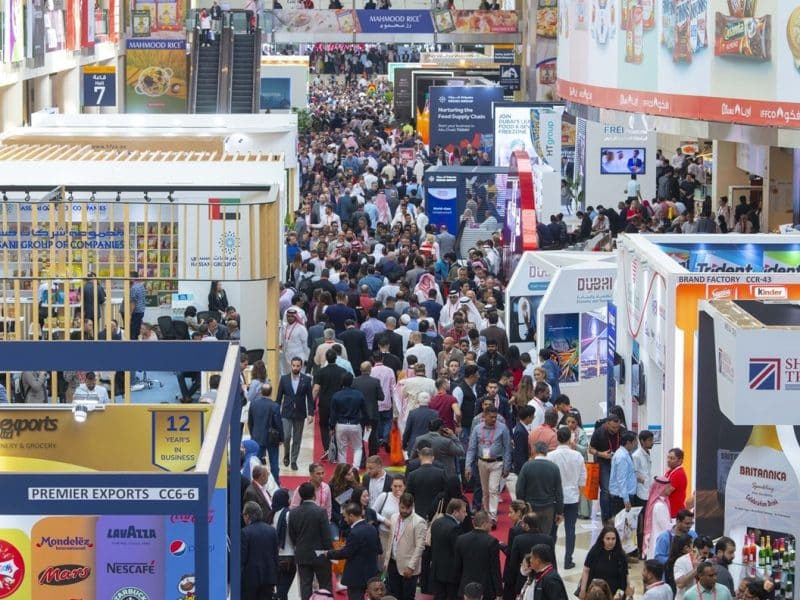General Electric Co, the biggest maker of power-generation equipment, expects “double digit growth’’ in its sales from the Middle East, North Africa, Turkey and Pakistan, as governments invest billions of dollars on their infrastructure, move towards energy efficiency and meet the needs of their growing populations, the company’s regional president and CEO Nabil Habayeb says in an interview with Arabian Business.
“We are very bullish about the region,’’ Habayeb says. The needs of states need to be addressed and are magnified after the Arab Spring. There is the wealth in a lot of countries to be able to support meeting those needs; the challenge is for countries that don’t have the same wealth from the petrodollars.”
Fairfield, Connecticut-based GE projects revenue growth this year in line with the annual increase of twelve percent in 2011 as Gulf states, buoyed by high oil prices, look to meet rising demand for electricity, health services and renewable energy, while countries emerging from political turmoil like Libya and Tunisia look to rebuild or overhaul their infrastructure. In 2011, GE earned about $8.6bn in revenue from the region, about five times more than what it was generating six years ago. The company has reported $147.3bn in total revenue last year.
In Saudi Arabia, the largest economy in the Arab world, which annually represents $2bn in revenue for GE, the largest US conglomerate plans to bid for the kingdom’s first power station when the tendering process begins at the end of this year, Habayeb says. Saudi Arabia plans to build sixteen nuclear power reactors by 2030, which could potentially cost more than $100bn.
The company plans to triple its current investment of $300m in Saudi Arabia by 2015, as the country’s economy continues to grow, Habayeb says. “The expectations of companies like ours are much bigger now than they ever were after the Arab Spring,’’ he says.
With the price of oil projected to average around between $100 and $115 per barrel this year, the economy of Saudi Arabia, which has one fifth of the world’s oil reserves, is forecast to grow about six percent in 2012 after expanding about 6.8 percent in 2011, according to the International Monetary Fund (IMF). The kingdom’s government has in the past two years earmarked about $500bn as part of a comprehensive effort to address structural issues in the economy, improve education and transportation, tackle unemployment and build hundreds of thousands of homes to meet growing demand in an undersupplied market.
GE is “in discussions with different members of consortia,’’ for projects in Jordan, Morocco, Egypt, Habayeb says when asked if the company would be bidding for other power generation projects.
In Libya, where the regime of Muammar Gaddafi was toppled during the wave of revolts that swept the region last year, GE sees a large market for all of its business segments and has been in talks with the government.
Article continued on next page
“The country needs everything, development of oil and gas, which will create the wealth to improve the life of people, clean water, reliable power, a good healthcare system, building the transportation system both rail as well as the aviation system so that you can get the economy going; all of these things are areas of focus for us in Libya like we did in Iraq,’’ Habayeb says.
“As the momentum starts building up Libya could be another Iraq, another Saudi Arabia, there’s going to be huge infrastructure projects,’’ Habayeb says, adding “over the next three to four years it will be anywhere between $6bn and 10bn,’’ in revenue for the company.
After contracting 61 percent last year, the North African country’s economy is forecast to surge by 76.3 percent in 2012, according to the IMF.
GE expects to double its $1bn in revenue from Turkey over the next three years.
In neighbouring Iraq, where bureaucracy and rivalry between the government in Baghdad and the Kurdish autonomous region in the north has slowed the pace of growth and contributed to a dysfunctional business climate, the potential for GE could mirror that of the Saudi Arabian market.
“It is a great opportunity for us to grow with the country but it’s not moving as fast as we would like,’’ Habayeb says when asked about Iraq. “We were hoping that the pace would be a lot faster,’’ he says, adding “the potential could be huge it depends on how fast they could move.’’
Iraq’s economy is projected to grow about 11.1 percent this year from 9.9 percent in 2011, according to the IMF.
“One of the things that governments, especially those that went through a transition because of the Arab Spring, the big factor for them is credibility and how quickly are they going to be able to deliver on the promises and expectations of people,’’ Habayeb says. “In Tunisia, because you have a stable government in place is going to be able to move fast. We are working with different key stakeholders to help be a catalyst for making some projects move faster so they can deliver.”

